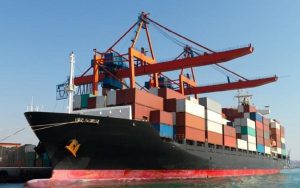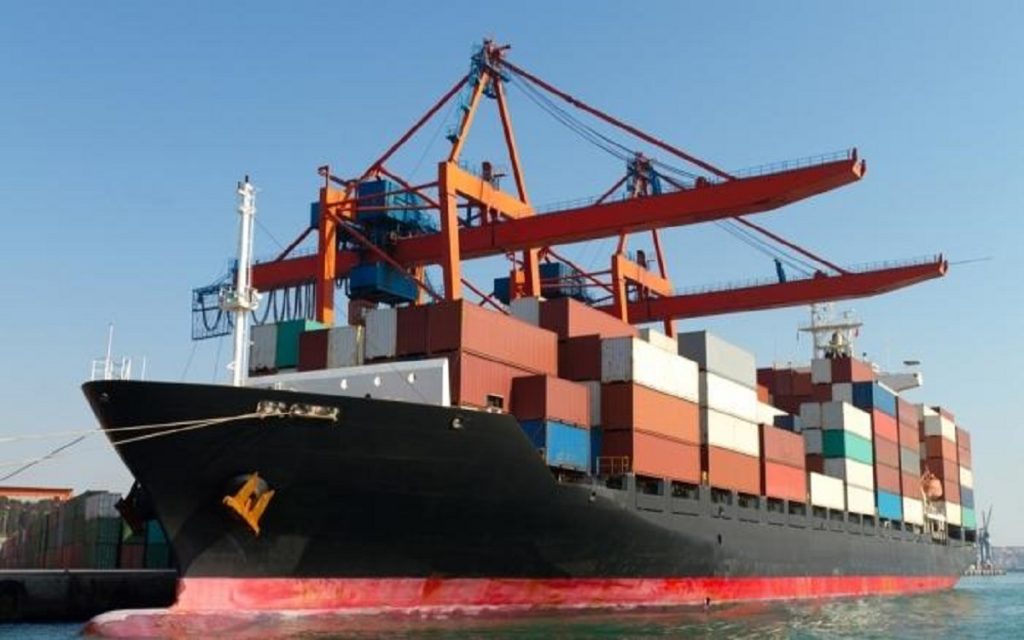 Nigeria import requirement is constantly growing as the nation is growing. For example, in 1 January 2006, the government sought to abolish the Pre-Shipment Inspection Scheme for imports to Nigeria. Subsequently, there was the introduction of the Destination Inspection Scheme. Thus, new import guidelines, procedures and documentation requirements became effective from that date.
Nigeria import requirement is constantly growing as the nation is growing. For example, in 1 January 2006, the government sought to abolish the Pre-Shipment Inspection Scheme for imports to Nigeria. Subsequently, there was the introduction of the Destination Inspection Scheme. Thus, new import guidelines, procedures and documentation requirements became effective from that date.
Table of Contents
ToggleTherefore, this article is a gathering of bit-and-pieces of updated Nigeria import requirement. What we will do in this article is pickup existing guidelines, delete what is no longer applicable, and add what is new. Furthermore, contact us today for detail on Nigeria import requirement. We clear cargo seamlessly and timely.
NIGERIA IMPORT REQUIREMENT
The guidelines discussed here are adopted from CBN circular titled TED/FEM/FPC/GEN/01/012; dated April 2014 and is still in force.
GET A FORM M
“Any person intending to import physical goods into Nigeria shall in the first instance process Form through any Authorized dealer bank, irrespective of the value and whether or not payment is involved.”
For details about Form M and how to obtain it, read my article for: FORM M NIGERIA: HOW TO PROCESS AND OBTAIN IT
START IMPORTATION
For more details on importation procedure and how to initiate imports to Nigeria, read:
STARTING TO IMPORT TO NIGERIA: HOW TO DO IT
NIGERIA IMPORT REQUIREMENT; RESPONSIBILITIES OF PARTIES
This section will highlight the responsibilities of all parties involved in the import value chain. The purpose is to enable you know who does what in each importation process. With this knowledge, you will be empowered to know who to hold responsible in case of error or failure.
RESPONSIBILITIES OF NIGERIA CUSTOMS:
The responsibilities of Nigeria Customs are:
- Firstly, Form M issuance or otherwise rejection
- Secondly, PAAR issuance
- Equally, Duty collection on behalf of Federal Government
- Lastly, Cargo examination, compliance monitoring and cargo clearance
RESPONSIBILITIES OF IMPORTER
- It shall be the duty of the importer to ensure that the supplier makes available the pro-forma invoice in accordance with the imports procedure of the country. As a result, there must be no ambiguity in the description of the goods
- The importer shall also ensure that all the documents to be forwarded to the Authorized Dealer Bank are genuine and verifiable
- All the requirements listed under the imports procedure must be complied with before documents are forwarded to the Authorized Dealer Bank.
- The importer shall also advise the Supplier on the status of the relevant Form M before shipment takes place.
RESPONSIBILITIES OF THE SUPPLIERS
On consignment of goods for shipment, the overseas supplier shall:
- Make available relevant shipping documents to the bank in Nigeria as used by the importer.
- Understand timing, regulatory requirements on the supplied item.
- Comply with Nigeria laws in shipping.
RESPONSIBILITIES OF AUTHORIZED DEALERS
The authorized dealer bank has the following functions:
- Processing and validating Form M documents
- Presenting PAAR documents to Customs
- Documents vetting for compliance to rules and requirement, especially to CBN directives
- Play guiding roles to both importer and exporter
- Issue letters of payment guarantees, like the letter of credit
Responsibilities of Shipping Lines/Airlines
- Shipping lines or air carriers to ensure that all goods being consigned for shipment to Nigeria are covered by appropriate Form M.
- Ensure Form M number is reflected on the Bill of Lading or Airway Bill or road way bill for such goods.
- Comply with rules on documentation and manifest submission
Import Duty Payment
- Importer shall continue to pay an administrative charge of 1% of FOB value of all imports based on the exchange rate on the approved Form M.
- All imports shall continue to be assessed for duty at the C. I. F. value of the goods using the rate of exchange on the approved Form M
FOR details on import duty, please read: CALCULATING CUSTOMS DUTY; NIGERIA AS EXAMPLE
CONCLUSION:
Nigeria import requirement depends on the goods in question. However, there are standard and generic import requirements applied across goods. This article gives an overview of what Nigeria import requirement is. Finally, do not hesitate to contact us for detail.

